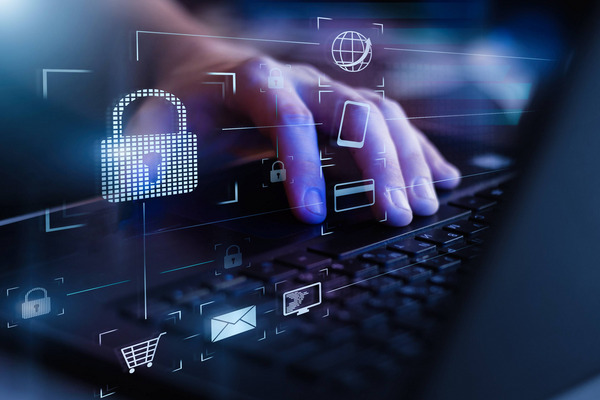Protect Your Personal Data: What You Should Never Share Online

In an increasingly digital world, where we constantly share personal moments and information, many users are unaware of the hidden dangers behind every post. “Protect your personal data: what you should never share online” thus becomes an essential guide for safe browsing. Discover now which information should remain absolutely private and why.
The Importance of Digital Privacy
Your digital footprint is permanently recorded and can be used in unexpected ways. However, while some data is harmless, other information becomes a weapon in the wrong hands. Cybercriminals collect seemingly insignificant details to commit sophisticated fraud, making discretion your greatest ally.
The 5 Types of Data You Should Never Share
1. Full Identification Documents
Avoid posting photos of your ID card, driver’s license, or passport. These documents are often forged for identity theft. For example, a simple selfie with a visible driver’s license could cost you years of problems.
2. Real-Time Location
Sharing your current location reveals behavioral patterns and periods when you’re away from home. This information is exploited by thieves to plan home burglaries with alarming precision.
3. Banking and Financial Details
Never disclose card numbers, IBANs, or bank statements. This data is immediately used for fraudulent transactions. Remember: your banking activity reveals consumption habits and personal financial situations.
4. Medical and Health Information
Medical history, prescriptions, or health insurance details contain sensitive data that could be used for employment discrimination or insurance fraud.
5. Combinations of Personal Information
Your complete date of birth, mother’s maiden name, and address form the perfect trio for scams. This information is frequently used as security questions to reset passwords.
Digital Security Checklist
✅ Never share identification documents
✅ Disable geolocation in posts
✅ Keep banking details absolutely private
✅ Protect medical and health information
✅ Avoid sharing identifiable personal data combinations
Conclusion: Your Security Begins with Discretion

“Protect your personal data: what you should never share online” isn’t just advice, but an urgent necessity in the digital age. In short, every piece of personal information you protect is a door you close to potential threats.
Privacy is a right that must be actively defended. Think twice before posting, configure privacy settings on social networks, and educate family members about these dangers. Your digital security depends more on the information you keep than on what you share.
